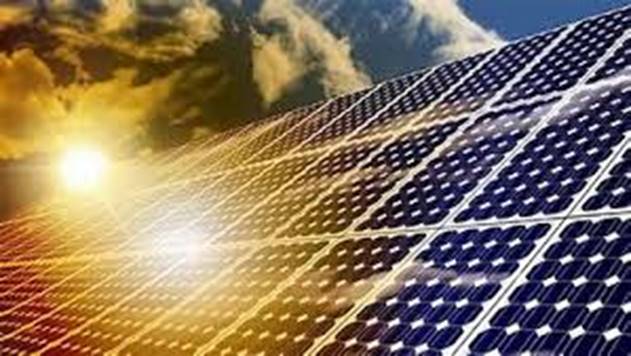

Influx Energy
New Net Metering Policy: Is Pakistan's Solar Boom in Jeopardy?
By Riaz Haq
CA

Recent experience in California has shown that changes in incentives have a huge impact on the
residential adoption of solar power technology. Since the introduction of NEM 3.0 last year, new rooftop solar business in California has dramatically slowed. This has driven many solar installers out of business. The business that remains is mostly focused on adding batteries to existing solar installations.
California Net Energy Metering (NEM 3.0) was launched last year after heavy lobbying by the state's utility companies like PGE and SoCal Edison. It has reduced payments for the excess power exported by the consumer to the grid by 75%. This change means that the consumer is better off with storage batteries to maximize self-consumption of the power generated by the solar panels. Companies such as Tesla Solar with its PowerWall 3 battery are the main beneficiaries of this change.
With rapidly falling solar panel prices, Pakistan is experiencing a solar power boom . The country imported some 13 gigawatts of solar modules in the first six months of the year, making it the third-largest destination for Chinese exporters, according to Bloomberg . In addition, there is approximately 2.2 gigawatts (GW) of net-metered rooftop solar PV capacity connected to the grid by June 2024, according to IEEFA .
What is likely to happen to this solar boom as Islamabad considers changes to its net metering policy? A recent study published by the Institute for Energy Economics and Financial Analysis ( IEEFA ) attempts to answer this question.

|
Net metering vs net billing payback period in Pakistan -Source IEEFA
|
There are several proposals under consideration by the Pakistani government to change its net metering policy. All are designed to significantly reduce payments to the consumer for energy exported to the grid. One of these proposals likely to be adopted is to switch from "Net Metering" to "Net Billing".
Net metering transactions are usually one-to-one, so the credits are often equal to the retail rate of electricity (aka what you pay). Net billing credits are often equal to the wholesale rate of electricity (aka what your utility pays), which is less than the retail rate, according to Energy Sage . Utilities tend to oppose net metering programs, so alternative compensation programs are increasingly being used.
Analysis by Haneea Isaad, an Energy Finance Specialist at IEEFA , shows that the switch from net metering to net billing would still reduce the payback period for 5kW to 25kW solar systems combined with 50% to 70% self-consumption. She concludes that the payback period will be well under 4 years for a system that has a life of 25 to 30 years. It is better than the 5-year payback period in California under NEM 3.0.
Would consumers without solar be stuck with high electricity bills? It is quite likely because capacity charges paid to independent power producers (IPPs) accounted for 62% of energy expenditure in Pakistan for the 2023-2024 fiscal year. For the 2024-2025 fiscal year, 64% of the total power purchase price is expected to be fixed capacity costs. Lower consumption of grid electricity will result in a disproportionate impact on consumers who rely entirely on grid power.
Higher levels of self-consumption closer to 100% would require larger batteries which are still quite expensive in Pakistan. This is likely to change as traditional lead-acid battery makers switch to lithium ion batteries in the country. Recent launches of electric vehicle assembly plants in Pakistan are expected to boost the lithium-ion battery production and bring down prices in the country in the coming years, according to Mordor Intelligence .
(Riaz Haq is a Silicon Valley-based Pakistani-American analyst and writer. He blogs at www.riazhaq.com)

